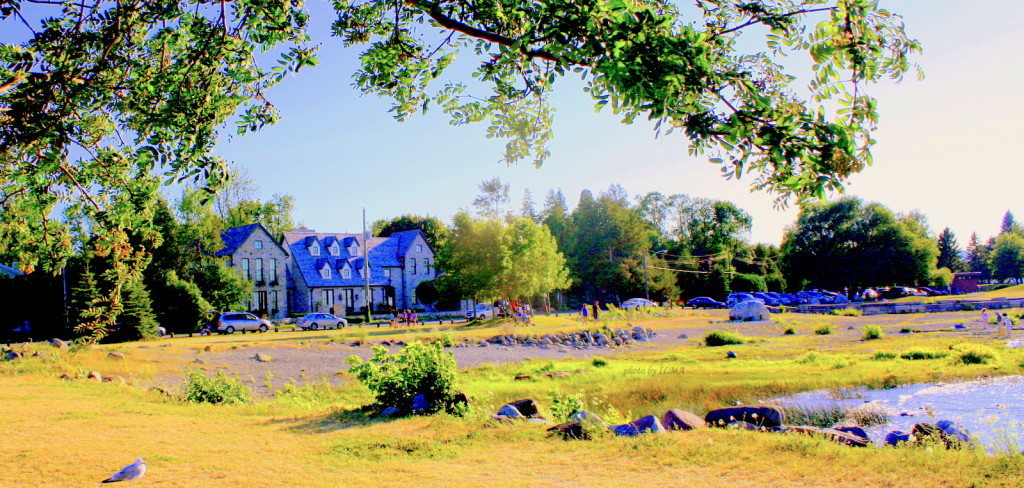December 30
PROVERBS 24
23 These also are sayings of the wise.
Partiality in judging is not good.
24 Whoever says to the wicked, “You are in the right,”
will be cursed by peoples, abhorred by nations,
25 but those who rebuke the wicked will have delight,
and a good blessing will come upon them.
26 Whoever gives an honest answer kisses the lips.
– Proverbs 24:23-26
PROVERBS 24 SHOW NO PARTIALITY
A poem by ILMA inspired by these verses
As you serve the Lord Jesus Christ, be non-judgmental
When one shows prejudice, you are being preferential
God created all people in his own image and likeness
He is a just and fair God who shows no favoritism and biases
When one prefers something else or someone, he is like a judge
His mind is closed to the differences and uniqueness that others have.
Solomon speaks of partiality in verse 23. The dictionary defines partiality as a particular fondness or liking for something or someone. We can also call it preference or favorite.
Why does he warn us to show no partiality? The book of James discusses very brilliantly what the sin of partiality is in chapter two. He specifies a clear example of it in verses 2-4 as follows: “ For if a man wearing a gold ring and fine clothing comes into your assembly, and a poor man in shabby clothing also comes in, and if you pay attention to the one who wears the fine clothing and say, “You sit here in a good place,” while you say to the poor man, “You stand over there,” or, “Sit down at my feet,” have you not then made distinctions among yourselves and become judges with evil thoughts?” That seems very harsh, doesn’t it? But that is exactly what partiality is, it is “judgment with evil thoughts.”
James further expounds on the sin of partiality in verse 9. If you commit this sin, you are guilty of failing to keep the law. He says in verse 13 that judgment is without mercy to one who has shown no mercy. Mercy triumphs over judgment.
REFLECTION
• How is partiality prevalent in our society today? Cite examples of this sin.









